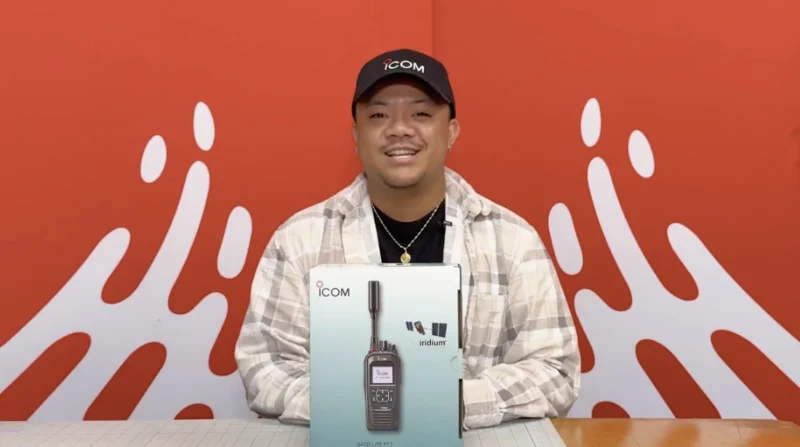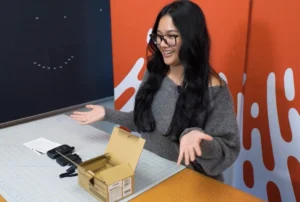Cutting Through: Full Solution Temperature Tablets
Temperature tablets are a critical tool in ensuring businesses and venues operate during the pandemic and beyond in a safe way. But not all temperature tablets are alike. Quality matters, and the solutions a tablet offers do too. Paul Harris, CEO of Aurora Multimedia, knows the difference between a reliable temperature tablet and one that thinks a Woody doll from Toy Story is the same thing as a human. On this episode of Cutting Through, Harris helped host Daniel Litwin understand the differences and why Aurora’s TAVIS system is more than just a reliable temperature tablet.
Harris pointed out that for businesses, the temperature tablet goes beyond what it can do for them during the pandemic; they want a solution that does more than perform temperature scans, so they get a good return on their investment from the product. “With our TAVIS product, we made sure it was more than just a temperature tablet,” Harris said. “That’s one piece of what it does. It can do digital signage, entryway acknowledgments, for example, using a license to be scanned to know who’s at the door. It can do hat detection, eyewear detection, the list goes on and on.”
Another vital feature of Aurora’s tablet is better accuracy. Harris said many players jumped on the temperature tablet wave during the pandemic and flooded the market with suspect products. Some tablets, Harris said, don’t read the temperatures correctly. “We spent a lot of time and development to make certain our technology will read the temperature of a person accurately to within .5°F of any type of variance at any given time.”
And for those who may be thinking it isn’t necessary to have a temperature scan system in place, Harris likened the situation to Vegas when trying to prevent the spread of COVID. “Is it that everyone gets a fever? No. That’s not the point of temperature tablets. To use it correctly, it’s an odds game. It’s a matter of, it takes only one person and a very highly contagious virus to spread it to many other people quickly and it multiples.” In the case of COVID, the house wins unless there is a way to beat the odds. And a reliable temperature scan can help even the score.
Follow us on social media for the latest updates in B2B!
Twitter – @MarketScale
Facebook – facebook.com/marketscale
LinkedIn – linkedin.com/company/marketscale








